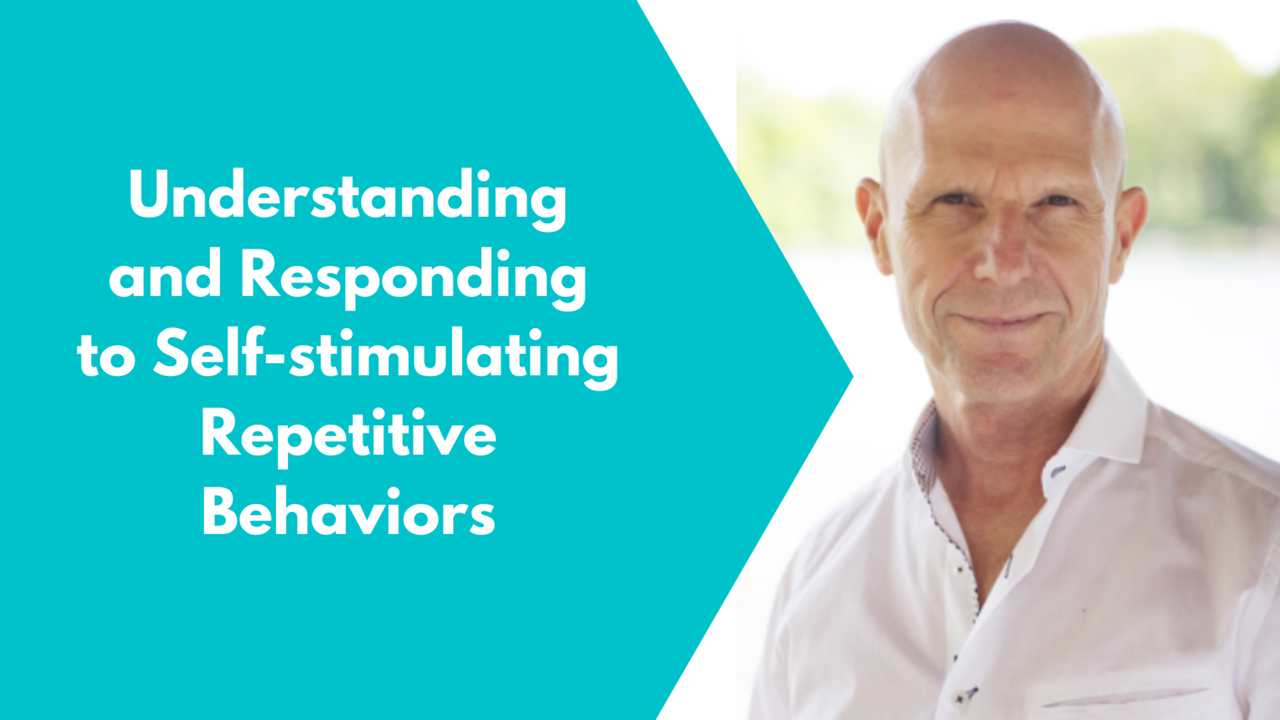Significance of Play and Development

Play is a physical or mental activity that is performed for leisure, pleasure or delight. While the play has no obvious objective, it is an important tool for physical, social, learning and intellectual development. All these lead to changes that allow children and adults to achieve their maximum potential.

The play has many characteristics that are crucial for brain development and learning. It offers opportunities for children and adults to encounter new experiences and refine already existing skills. It also encourages creativity in children and adults.

There are many different types of play.
- Gross Motor Play: This type of play involves whole-body movements and large muscles of the body to perform everyday functions such as standing, walking, running, jumping, swimming, throwing, dancing and so on. Gross motor play helps in improving balance, increased strength, and better postural control.
- Fine Motor Play: Fine motor play involves the use of the smaller muscles of the...
The Humble Marble

The story of the Humble Marble
One bright sunny day, as I sat in my therapy room waiting for my three-year-old client, the wide array of toys all around me caught my attention. They were all branded, shiny, bold, and bright coloured toys.
The child who would come to me for Autism intervention had language limitations. “I am sure he would have fun playing around here. These toys are way too good. They will surely engage him. Sure they will also alleviate parental concerns and give me an opportunity to help in his treatment” I thought.
Hiding behind the mother, the kid walked through the door. The cat-eyed cute little boy saw me from the corner of his eye for a fleeting second and quickly looked away. As I greeted and welcomed him, he continued to shy away from me.
After a while, his mother and I sat down to talk. Back of my mind, I was sure the little champ would head straight to play with the toys I had laid out.
Not really! A tiny green pebble kept in a vase on my...
Stirrers and settlers for young learners

When teaching young learners, teachers need to adopt a balanced teaching style which includes a variety of activities often called either stirrers or settlers. Stirrers are activities which encourage students to be active and dynamic which may include standing, hopping, strolling and running. Settlers are activities opposite to stirrers. It involves learners to sit down and be calm.
It is important for teachers to use these different activities to establish a routine in the classroom. And also to use the activities to make the unfamiliar surroundings familiar to young learners. Some of the stirrers and settlers activities are as follows:
- Create a positive learning environment for the young learners where the young learners have the freedom to select his/her activities and the teacher either add/remove materials as needed).
- Create a controlled atmosphere right from the beginning by allowing the kids to enter the classroom and settle down quickly in small groups (for instance if a...
A guide to Parenting Children with Special Needs

Welcoming a specially-abled child in your family isn't as easy as falling off a log. Cosmic questions and thoughts halt your consciousness. Where do we go? What to do? and perhaps the most salient of them all, why us?
Conceding that your child is different from normal kids takes you through an emotional roller coaster revolving around shock, denial, guilt, confusion followed by fear, grief, loss, powerlessness, disappointment and rejection. This may seem the end, but it isn't.
Accept your child as he/she is differently-abled. Instead of looking down on him/her and mourning what had happened, embrace the flaws.
Don't dwell on what went wrong. Instead, focus on what to do next. Spend your energies on moving forward together and finding the answer - Denis Waitley
Everyone is different, they will grow and develop at their own pace. Comparing your child with siblings, cousins, kids in the daycare class or even kids with the same disability will not make you feel any better. Your...
Educational Dilemma during COVID!

Since COVID, we may be at a loss of what education is best for our children. But we will need to remind ourselves that while education aims to teach, the evidence of impactful teaching is in effective learning. Education is not about marks scored in tests and exams as these do not reflect intelligence. Education is a life-long learning journey in which the student learns to be confident, self-reliant, and communicates effectively.
Two wrongs do not make a right!
Yes, the situation we are all in because of COVID is wrong from every angle. And with confinement, our anxieties are getting magnified many folds. The biggest anxiety parents are experiencing is the concern they have about their child’s access to school. Schools are closed and when they will restart is unknown to you or me or anyone, from India to America to Argentina! When schools do reopen, what the situation will be like and how children will stay safe, is another question, with no answer!
Now comes the...
How to spot Dyscalculia? Accommodations of Dyscalculia.

Children with dyscalculia have difficulties with all areas of Mathematics – like telling time, counting money, and performing mental calculations. According to a family psychologist and author – “their brains need more teaching, more targeted learning experiences, and more practice to develop these networks. Dyscalculia frequently coexists with dyslexia.
Signs of dyscalculia are not always easy to spot. Keep in mind that all kids have trouble with maths from time to time. But children with dyscalculia struggle a lot more than other children the same age. Dyscalculia is not the same as math anxiety because the latter involves strong emotions around Math.
What are the signs of Dyscalculia?
- Face difficulty when learning to count.
- Doesn’t seem to understand the meaning of counting.
- Struggle to recognize patterns, like smallest to largest or tallest to shortest.
- Have a problem understanding number symbols like making the connection between ‘9’ and the...
Teaching Strategies to Help Children

Start with the Child
Dyslexic children often ‘fail’ in their studies and this can affect their motivation to learn. To get them back to learning, it is very important to first build rapport with them. This can be done by talking to and listening to them. The communication will help
- you get to know the children in your class, their interests and oral ability;
- the children to get to know you and;
- build trust and confidence between you and the children.
How can dyslexic children learn better?
There are numerous programs, teaching aids and software packages that you can use with students. Tuition or remedial sessions should be multi-sensory with many variations involving looking, listening, speaking and touching. Every child is unique and it is good to observe which kind of learner type each child belongs to.
Visual Learner (Learning through seeing)
Auditory Learner (Learning through listening)
Kinesthetic Learner (Learning through action and...
Understanding and responding to self-stimulating repetitive behaviours

The content of this article is derived from a video by Global Autism Solutions, particularly by Gerd Winkler, the director of the establishment, who has had an extensive amount of experience with families of children on the Autism Spectrum. You may find the video, titled “Understanding and responding to self-stimulating repetitive behaviour”, here.
In this video, a parent shared with the audience an observation she made of her son, where he tended to repeat a series of behaviours such as bargaining, getting angry, and crying before he adheres to perform a particular same task every day. Gerd addressed this observation by explaining the concept of self-stimulating repetitive behaviours and why children do them and extended his sharing by inspiring parents on how they can appropriately respond to such behaviours. The key essence of Gerd’s sharing focused on building trust in the child, and how this process is multi-staged and cannot be rushed or forced.
...
Humans of Special Education - September Edition

There are a lot of heroes in the special needs community, quietly doing their job, inspiring many, and impacting a lot of students and educators. People who have been lucky to have crossed paths with one such hero are willing to share their experience with the community. This 5th of September, let us celebrate them together!
1) Jude has inspired me by showing me how to be more sensitive and to think from different perspectives. To keep a balance in life and to live life to the fullest. To be a child at heart and to love what you do and to do it with great passion.
- Story by Monisha Rodrigues, Counsellor, Remedial Educator
About Jude from Monisha - A cheerful .. Motivating person with a heart of gold for individuals with Autism and other neurological disabilities. A music therapist who never stops encouraging others to put all that he has into making it a better place for those with disabilities...
2) Despite being a person with blindness Mr....
Parenting matters!

“Children are NOT a distraction from more important work. They are THE MOST important work.”
-C.S. Lewis
Parenting these days is a far more challenging task than it was ever before. The question that plagues young parents the most is, which is the best style? Whatever style of parenting one adopts it will have an impact on the child’s overall development.
There are four major parenting styles and each parent uses one or the other, based on the situation. Usually, one of them becomes their dominant parenting style. These can be loosely categorized into the following.
Authoritarian: In this style of parenting, children are expected to follow the strict rules established by the parents and failure to follow the rules usually results in punishment.
Authoritative: These parents establish rules and guidelines that their children are expected to follow but they explain the reasons for laying them down. When children fail to meet expectations, they are nurturing and...

